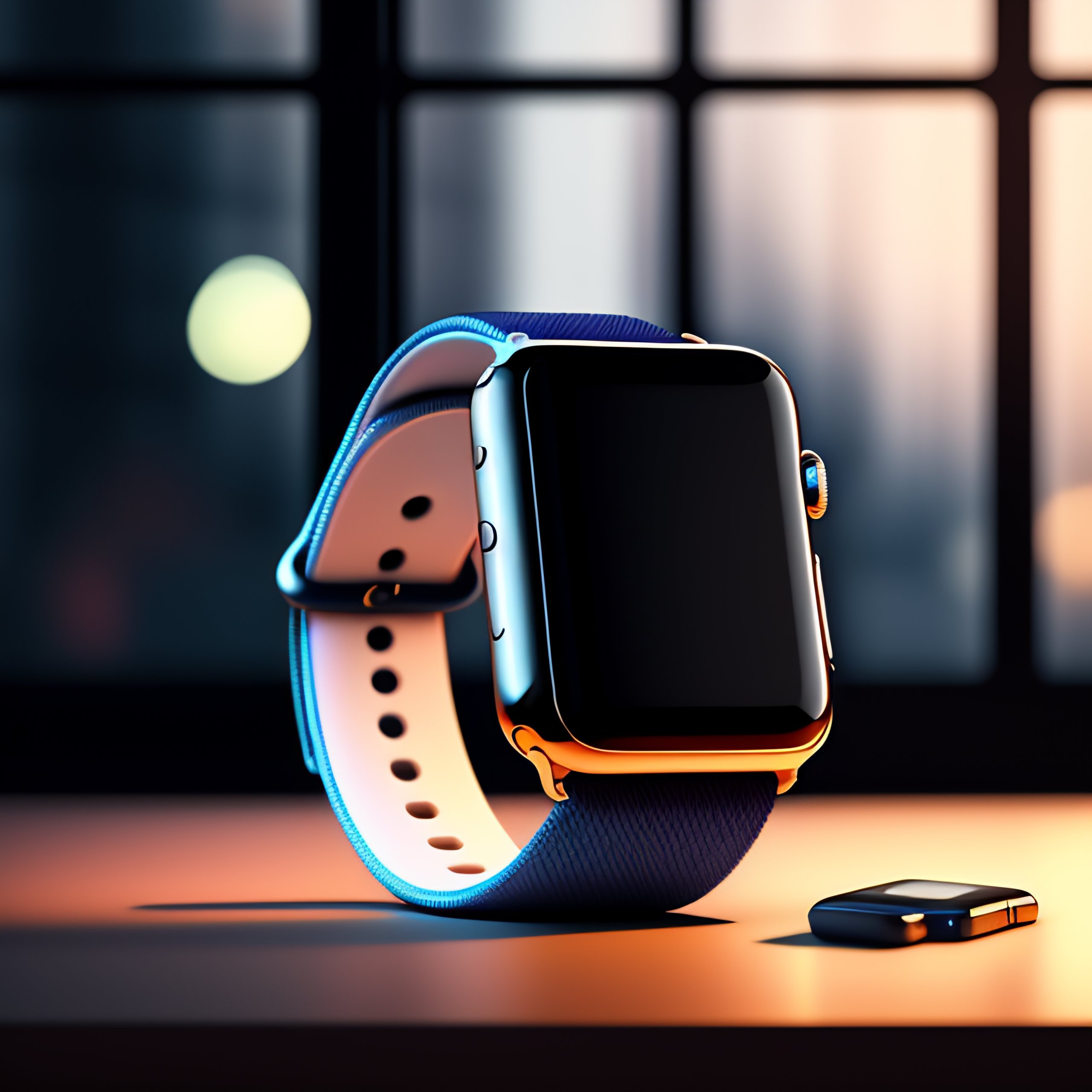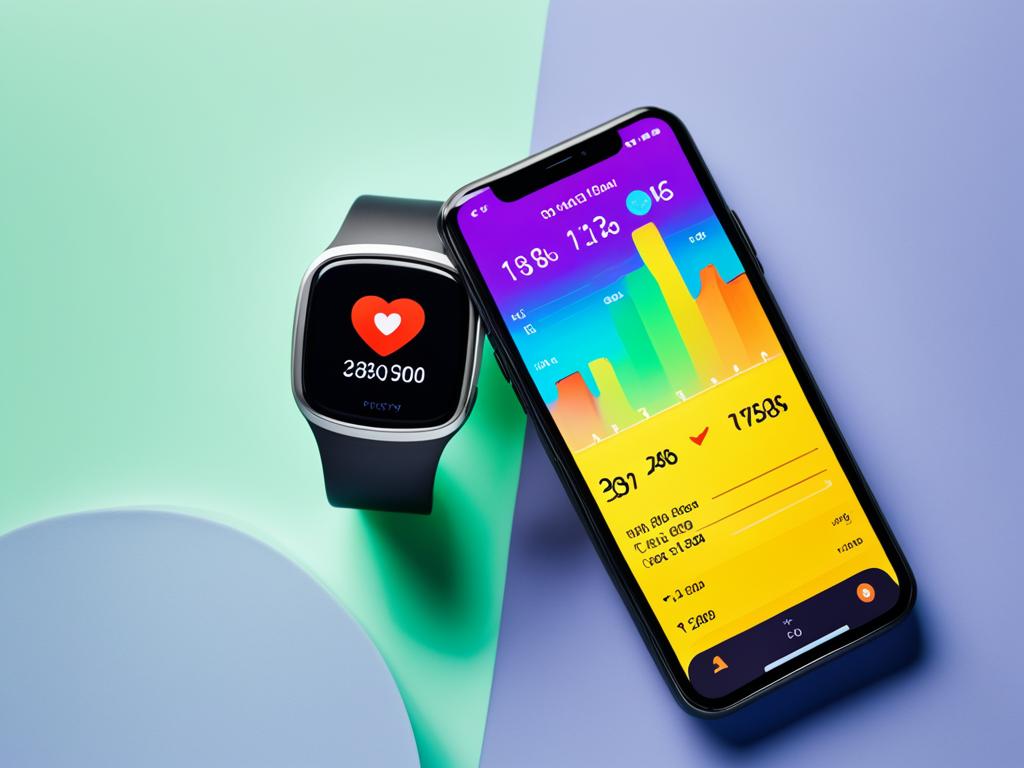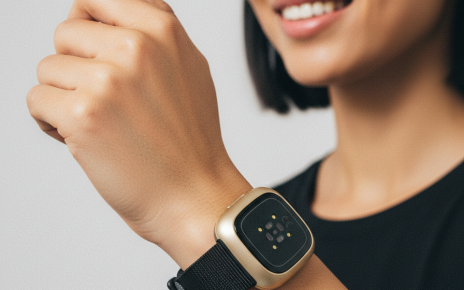We all know sleep is important. The first time I used a fitness tracker, I was a little weirded out how they tracked my sleep. It knew how long I was asleep for, and how deep my sleep was. So, how do fitness trackers track sleep? In this article, we’ll check it out.
Easy Navigation
How do fitness trackers track sleep?
Basically, it all comes down to sleep stages. The heart rate monitor in your fitness tracker can analyze your heart rate when you’re asleep and find what sleep stage you’re in. The deeper your sleep, the slower your heart rate.Â
Remember, if you want an accurate fitness tracker, you’ll find a great guide here.Â
What are the sleep stages?
So you know that your Fitbit or fitness tracker can see what sleep stage you’re in, what are sleep stages?
According to the Sleep Foundation, your body does a range of cool things when you’re asleep.
When you’re asleep, your body goes through cycles that last usually 90-minutes. In each of these cycles, you alternate between a light and deep sleep.
Your sleep follows a pattern of alternating between REM (rapid eye movement) and NREM (non-rapid eye movement).
What role does each state and stage of sleep play?
As you’ll see, not all sleep is created equal.
NREMÂ (75% of night): As we fall asleep, we enter NREM sleep stages 1-4:
- N1 (formerly “stage 1â€): This is that stage where you’re half asleep and half awake.
- N2 (formerly “stage 2â€): Where you’re falling asleep with your heart rate and breathing still regular
- N3 (formerly “stages 3 and 4â€): Your strongest and most restorative sleep. Your muscles relax and your breathing slows down. In this stage, your energy is restoring as tissue growth and repair occur.
REMÂ (25% of night): Rapid Eye Movement happens about 90 minutes after you asleep and comes back about every 90 minutes. In this time the following happens:
- It provides energy to the brain and body
- Your brain is active and dreams occur
- Eyes dart back and forth
- The body becomes immobile and relaxed
- We turn muscles off
 The Fitbit Versa 2 has some of the best sleep tracking available. Learn more on Amazon.
The Fitbit Versa 2 has some of the best sleep tracking available. Learn more on Amazon.
How accurate are fitness trackers for tracking sleep?
According to studies commissioned by Fitbit, wrist-worn devices such as fitness bands and smartwatches can determine sleep stages “with reasonable accuracyâ€.
In the study, sixty adults, aged 24-44, used multiple devices while they slept. Each test subject wore two fitness trackers on their wrists to record sleep along with a doctor-recommended sleep testing device used for Sleep Apnea.
So, while they aren’t perfect, a fitness tracker is about as good as you can get as an over-the-counter sleep tracker.
Also, even if a fitness tracker isn’t perfect, it is good to record comparisons. For example, you can compare one night’s sleep to the next.
How much sleep do I need every night?
So, now we know about the different stages of sleep, how much sleep do we actually need?
In our busy lives, it seems like we can get by with six or seven hours. In fact, I dare say a few of us will be thrilled with seven hours of sleep every night. However, while we can get by with six hours a night, that is signing up for chronic sleep deprivation.Â
You actually need around seven to nine hours of sleep every night to rest your body and mind. An eight-hour sleep will cover all the stages of sleep appropriately.
Should you use a fitness tracker to track sleep?
We all know sleep is important, but we rarely prioritize a good night’s sleep. I know I’ve been guilty of cutting a few hours off my sleep to get more done during the day.
You should definitely start recording your sleep on a fitness tracker. This is especially true if you’re getting anything less than eight hours of sleep a night.
Depending on the Fitbit or fitness tracker you have, you can set sleep goals and compare your sleep from night to night.
Final thoughts
So if you’ve ever wondered how do fitness trackers track sleep, there you have it. Your fitness tracker uses its heart rate monitors to record your sleep. This is achievable because your heart rate slows the deeper your sleep is.



